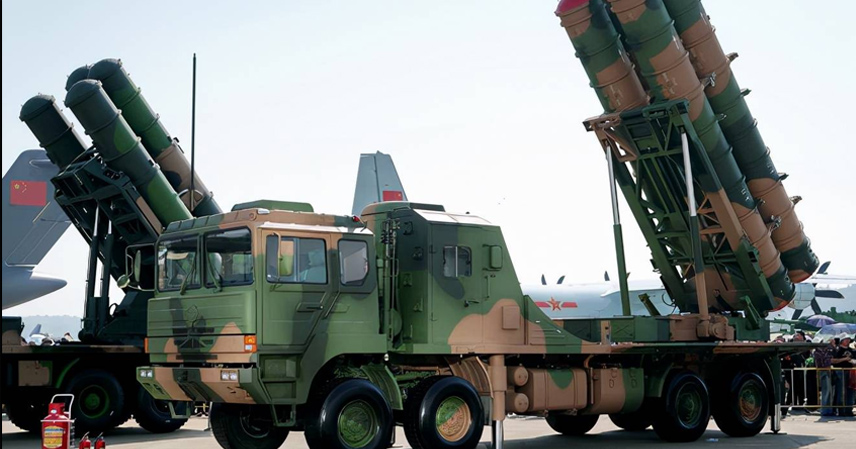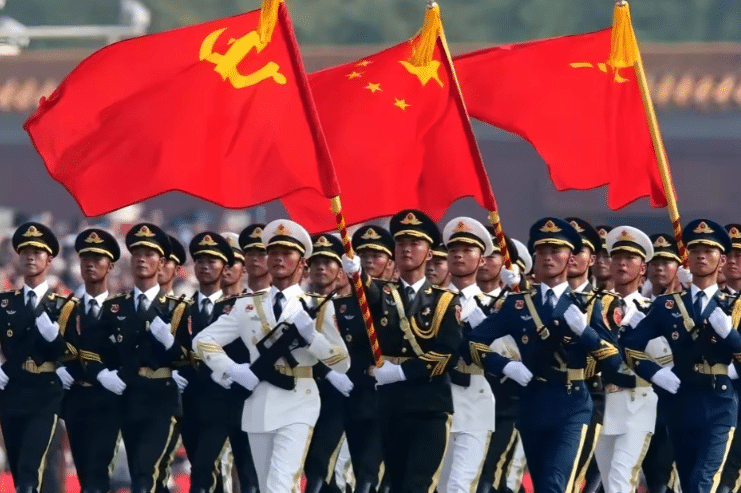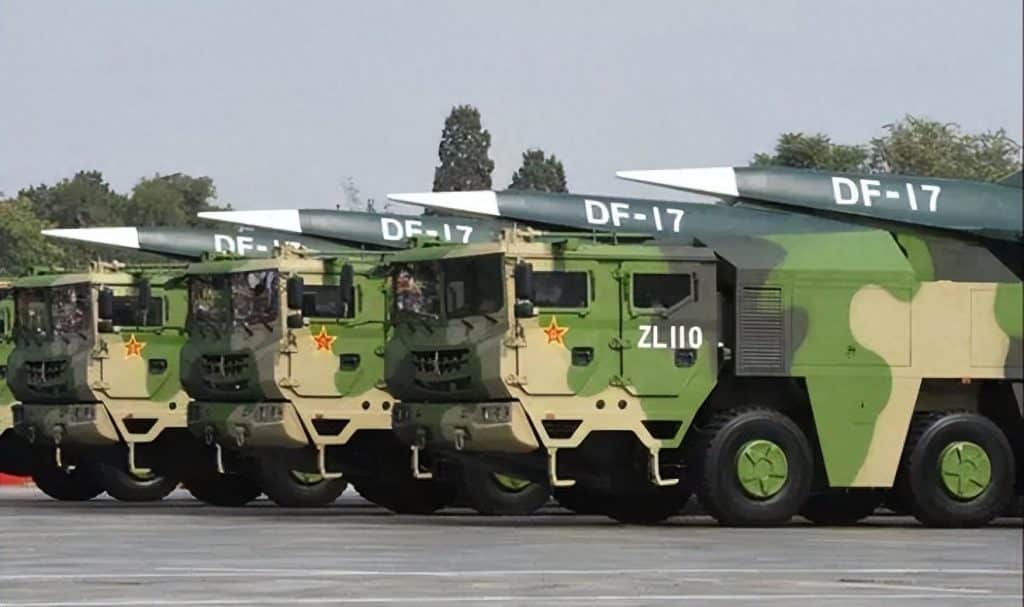On September 13, Arab Defense reported that Egypt has officially deployed its newly acquired HQ-9B air defense missile system to the Sinai Peninsula. The move comes amid escalating Middle East tensions, particularly following Israel’s unprecedented strikes on Qatar and other regional states within a span of 72 hours.
Israel’s Escalation Across the Region
In recent days, Israel carried out coordinated airstrikes on Qatar, Gaza, Lebanon, Syria, and Yemen. The most alarming strike targeted Doha, where Hamas representatives were discussing a ceasefire plan. Despite global condemnation—including from Qatar and numerous international organizations—Israel dismissed criticism, emboldened by unwavering U.S. support.
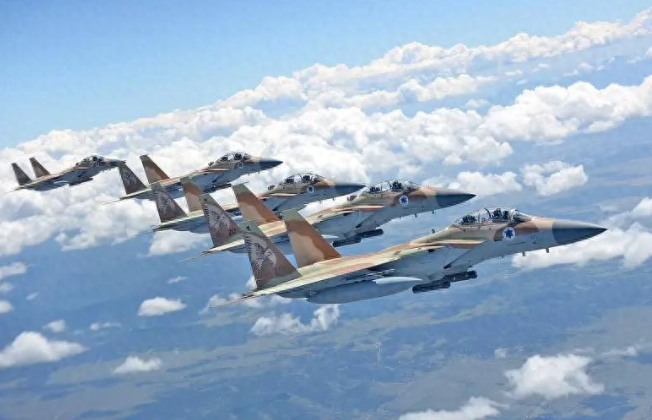
On September 12, the 80th UN General Assembly overwhelmingly approved a resolution supporting the two-state solution, with 142 votes in favor, only 10 opposed (including the U.S. and Israel), and 12 abstentions. Yet, Israel’s leadership openly rejected the decision. Finance Minister Bezalel Smotrich even called for the annexation of the West Bank, dismissing the UN resolution as “a diplomatic attack on Israel.”
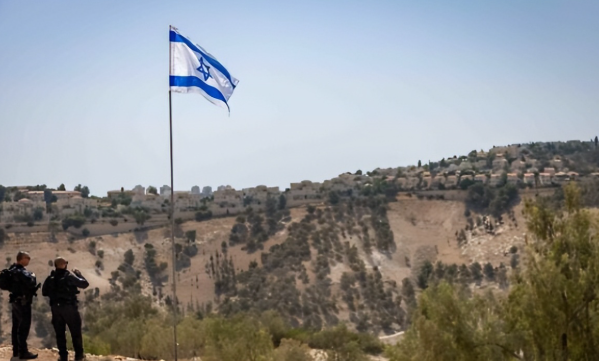
Meanwhile, Israel launched its strike on Qatar from at least 1,700 km away, raising questions about why U.S.-supplied THAAD and Patriot systems in Qatar, along with nearby American destroyers, failed to respond. Reports suggest Washington not only knew of the operation but deliberately withheld action, enabling Israel’s mission.
Egypt’s Vulnerable Position
Egypt, historically at odds with Israel, fought four major wars before the 1979 Camp David Accords brought a fragile peace. Yet, decades of U.S. military dependence left Cairo constrained:
- Its F-16 fleet remains restricted, limited to short- and medium-range missiles.
- Requests for F-15 fighters, Tomahawk missiles, Patriot PAC-3 systems, and MQ-9 drones were repeatedly denied by Washington.
- Even France, under U.S. pressure, denied Egypt access to advanced Meteor missiles for its Rafales.
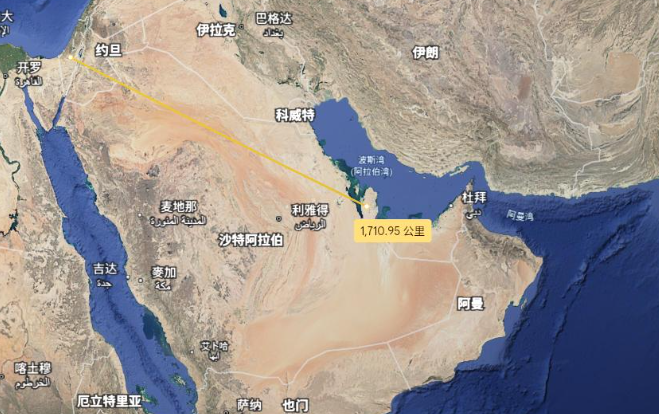
By contrast, Israel enjoys unrestricted access to the latest American weaponry, from F-35 stealth jets to advanced missile systems, along with U.S. tech transfer for indigenous development. This asymmetry is deliberate—Washington ensures Israel’s absolute military superiority in the region.
Turning to Russia, Then China
Seeking alternatives, Egypt attempted to diversify:
- Purchased S-300VM systems and MiG-29M/M2 fighters from Russia.
- Ordered Su-35SE jets in 2018, but U.S. sanctions forced Cairo to cancel the contract in 2022.
- Western sanctions on Moscow after the Ukraine war closed further procurement paths.
As a result, Egypt began deepening defense ties with China. Earlier in 2025, the two countries held the “Eagles of Civilization-2025” joint exercise, with China deploying Y-20 transports, J-10C fighters, and KJ-500 AEW aircraft to Egypt. Speculation grew that Cairo might purchase J-10CE fighters and Y-20 tankers, though U.S. pressure remains a major obstacle.
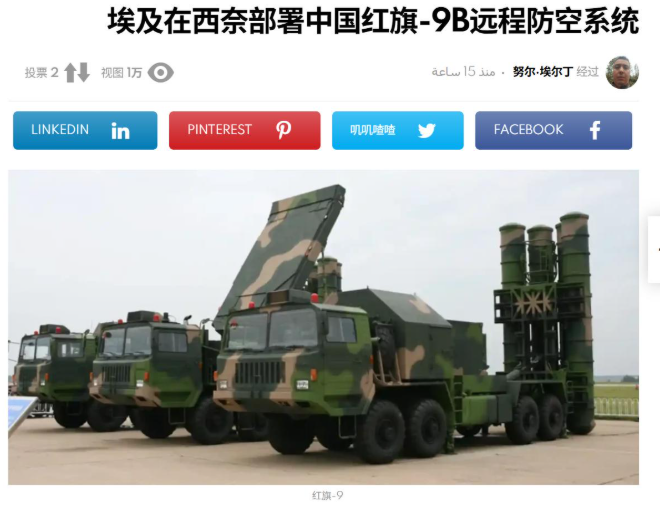
HQ-9B: Egypt’s New Shield
Unlike offensive systems, defensive weapons face less international pushback. Thus, Egypt successfully acquired China’s HQ-9B—a modern, long-range SAM system comparable to Russia’s S-300/400.
Key features:
- Detection range: 250–300 km with advanced phased-array radar.
- Engagement range: ~200 km surface-to-air missiles.
- Guidance: Dual mode (ground-based command + active radar seeker).
- Resilience: High resistance to electronic jamming and capable of operating in complex electromagnetic environments.
- Networked defense: Integrates with short- and medium-range systems for layered coverage.
Deploying HQ-9B to Sinai sends a powerful signal: Egypt is preparing for potential Israeli threats and no longer trusts Western defense systems, which could be compromised by U.S. backdoors in a crisis.
Strategic Implications
- For Israel: The HQ-9B complicates future air operations near Egypt, potentially deterring cross-border raids.
- For Egypt: Marks a strategic shift away from total dependence on U.S./Western arms.
- For the U.S.: A warning that decades of restricting Egypt’s capabilities may backfire, pushing Cairo closer to Beijing.
- For the Middle East: Another sign that U.S. favoritism toward Israel is driving regional states to seek non-Western partners for security.

